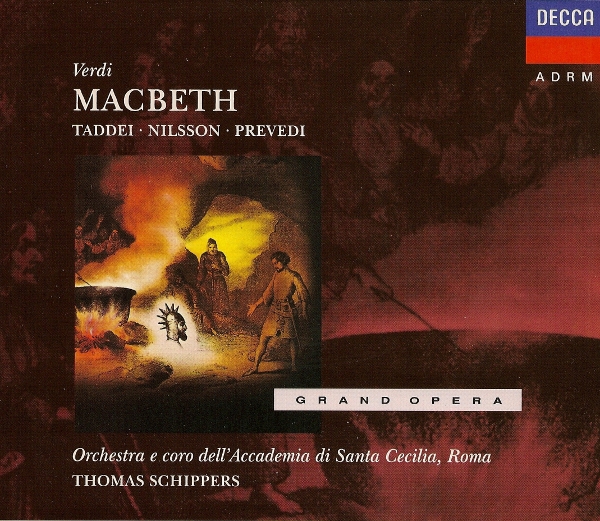Edita Gruberova - Mad Scenes
Edita Gruberová (born December 23, 1946, Bratislava) is a Slovak soprano who is one of the most acclaimed coloraturas of recent decades. She is noted for her great tonal clarity, agility, dramatic interpretation, and ability to sing high notes with great power, which made her an ideal Queen of the Night in her early years. In recent years, she has enjoyed great success with a number of the most important bel canto roles.
Gruberová was born in Bratislava in Slovakia, the daughter of a Hungarian mother and a father with German ancestors. Her native language is Slovak. She began her musical studies at Bratislava Conservatory where she was a student of Mária Medvecká. She then continued at Academy of Performing Arts in Bratislava (VŠMU). While studying, she was a singer of the famous Lúčnica folk ensemble and also appeared several times in the Slovak National Theatre.
In 1968, Gruberová made her operatic debut in Bratislava as Rosina in The Barber of Seville. After winning a singing competition in Toulouse, she was then engaged as a soloist of the opera ensemble of the J. G. Tajovský Theatre in Banská Bystrica, Slovakia, from 1968 to 1970. Since communist Czechoslovakia was going through a period called Normalization, during which the borders were closed with non-communist countries, Medvecká surreptitiously arranged for an audition for Gruberová in the summer of 1969 at Vienna State Opera, which immediately engaged her. The following year, she made her first major breakthrough when she sang the Queen of the Night. Gruberová then also made the decision to emigrate to the West. In subsequent years, she became a soloist in Vienna and was invited to sing at many of the most important opera houses in the world, especially in coloratura roles.
Gruberová made her debut at Glyndebourne in 1974 and at the Metropolitan Opera in 1977, both as the Queen of the Night. In 1977, she also first appeared at the Salzburg Festival, as Thibault in Don Carlo, under Herbert von Karajan. In 1981, she appeared opposite Luciano Pavarotti in Jean-Pierre Ponnelle's film of Rigoletto. Gruberová made her Royal Opera House, Covent Garden début as Giulietta in Bellini's I Capuleti e i Montecchi in 1984. Other important roles she has sung include Zerbinetta, Gilda,Violetta, Lucia, Konstanze, Manon and Oscar; she sang Donna Anna at La Scala in 1987, Marie in La fille du régiment in 1987, Semiramide in 1992 at Zürich, Queen Elizabeth I in Donizetti's Roberto Devereux in Vienna in 1990. In 2003 she added title role inNorma to her repertoire, currently (2008/2009) running it in Munich.
Gruberová has made many recordings, most notably in recent years full-length recordings and extended selections from Donizetti's Tudor Queens trilogy and other bel canto operas, lately exclusively on Nightingale label. More than a dozen of her filmed and televised opera appearances have been released on DVD, including Norma, Manon, and Linda di Chamounix.



Comentários
Postar um comentário